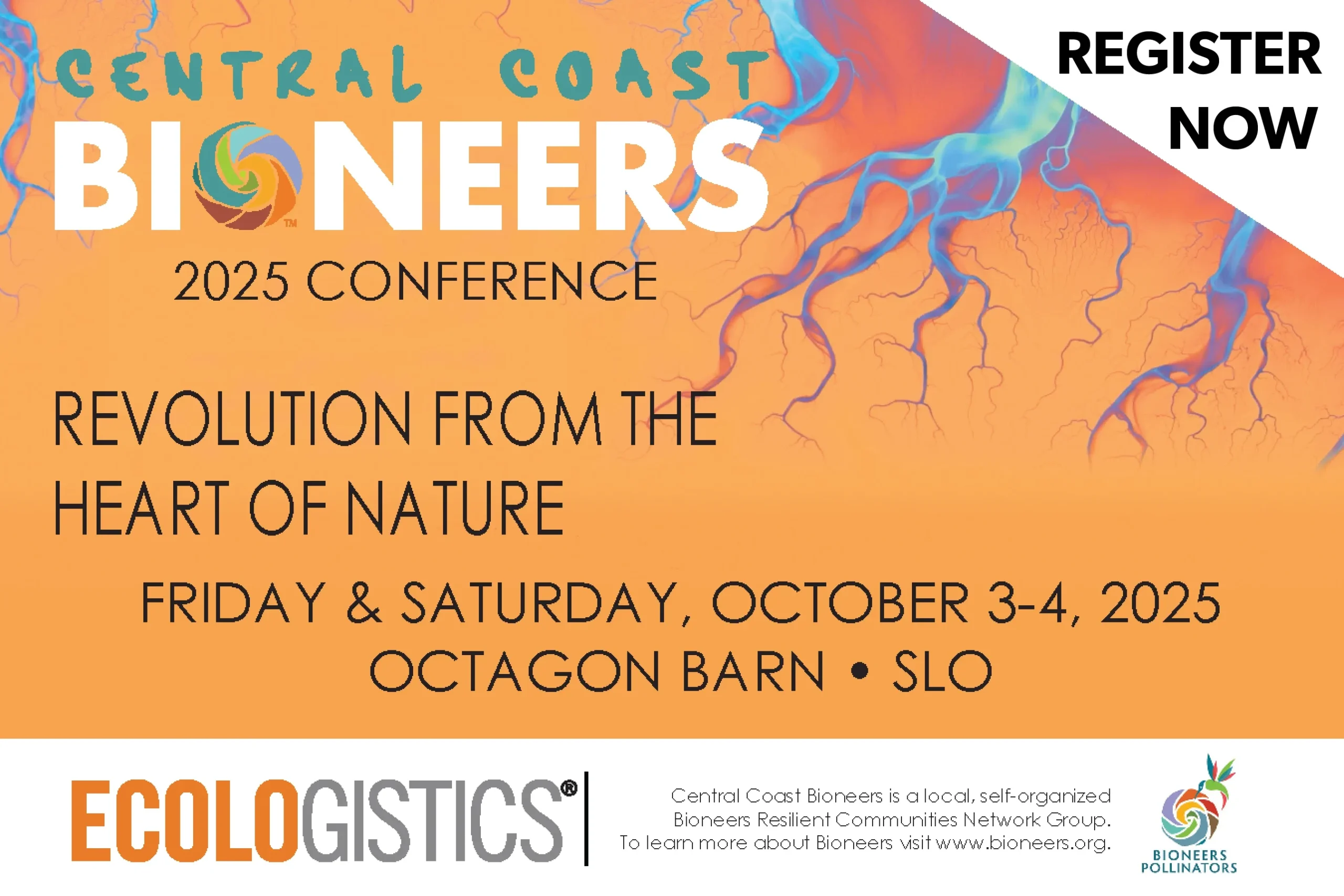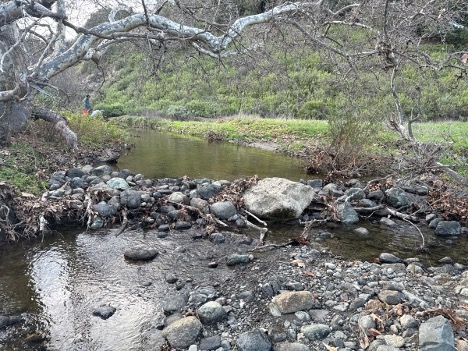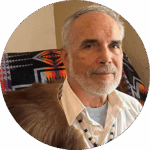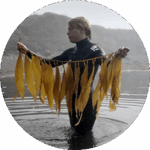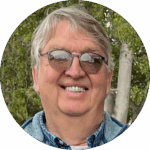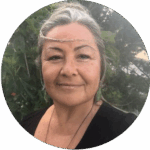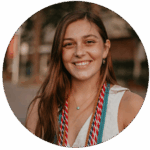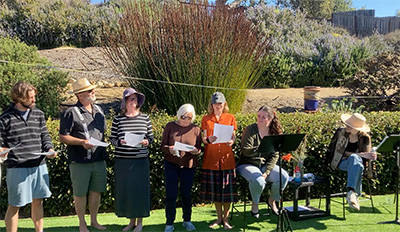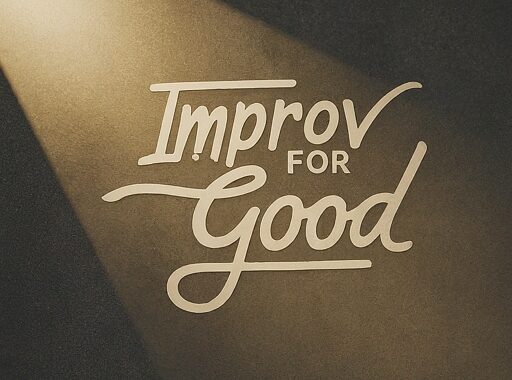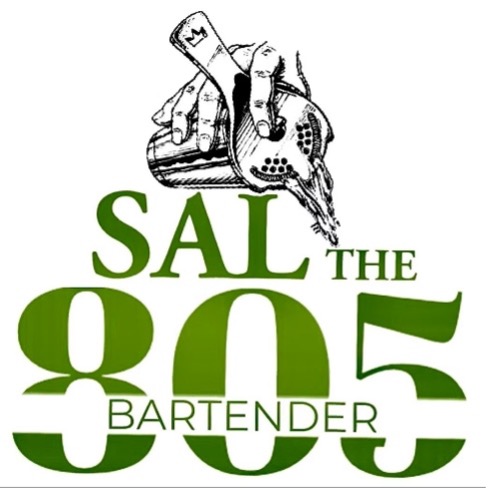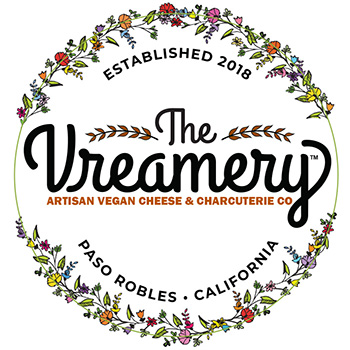THE BIONEERS ARE BACK!
Ecologistics® Presents:
2025 Central Coast Bioneers Conference,
A Bioneers Pollinator Event
The 2025 Central Coast Bioneers Conference is a wrap.
Thank you to all of our speakers, exhibitors, volunteers and participants!
See you next year.
Pre-Conference Field Trip
October 2, 2025 – 10:00 am to Noon
$25.00 per person
Join us for another fun and informative Central Coast Bioneers pre-conference field trip as we join Cooper Lienhart of Nature’s Engineers for a tour of the Beaver Dam Analogs (BDAs) that he and his crew implemented on Dry Creek in the City of San Luis Obispo’s Johnson Ranch Open Space.
Beaver Dam Analogs (BDAs) are human-made structures meant to mimic beaver dams. Just like beavers, Nature’s Engineers builds the BDAs using all natural materials such as branches, soil and rocks. The materials are stacked tightly together like lasagna to create dense mounds that hold ponds of water. Healthy creeks were once full of beaver dams, so Nature’s Engineers mimics the beavers to restore the natural processes that are needed for a creek to be at its healthiest state.
Please meet at the trailhead of Johnson Ranch Open Space by 10:00am and bring water, a hat and sunglasses, and sturdy walking shoes. It is about a 2/3 of a mile walk each way, mostly on a flat road or dry grass. We will not be walking through water, as the creek will be mostly dry by this time of year, but you will be able to see the results that one year of Process-Based Restoration has had on the creek. Cooper will discuss the results and effectiveness of the 30 BDAs, as well as the learning opportunities, plans for future implementations, and notable wildlife that utilized the improved habitat.
The tour is limited to 25 participants.
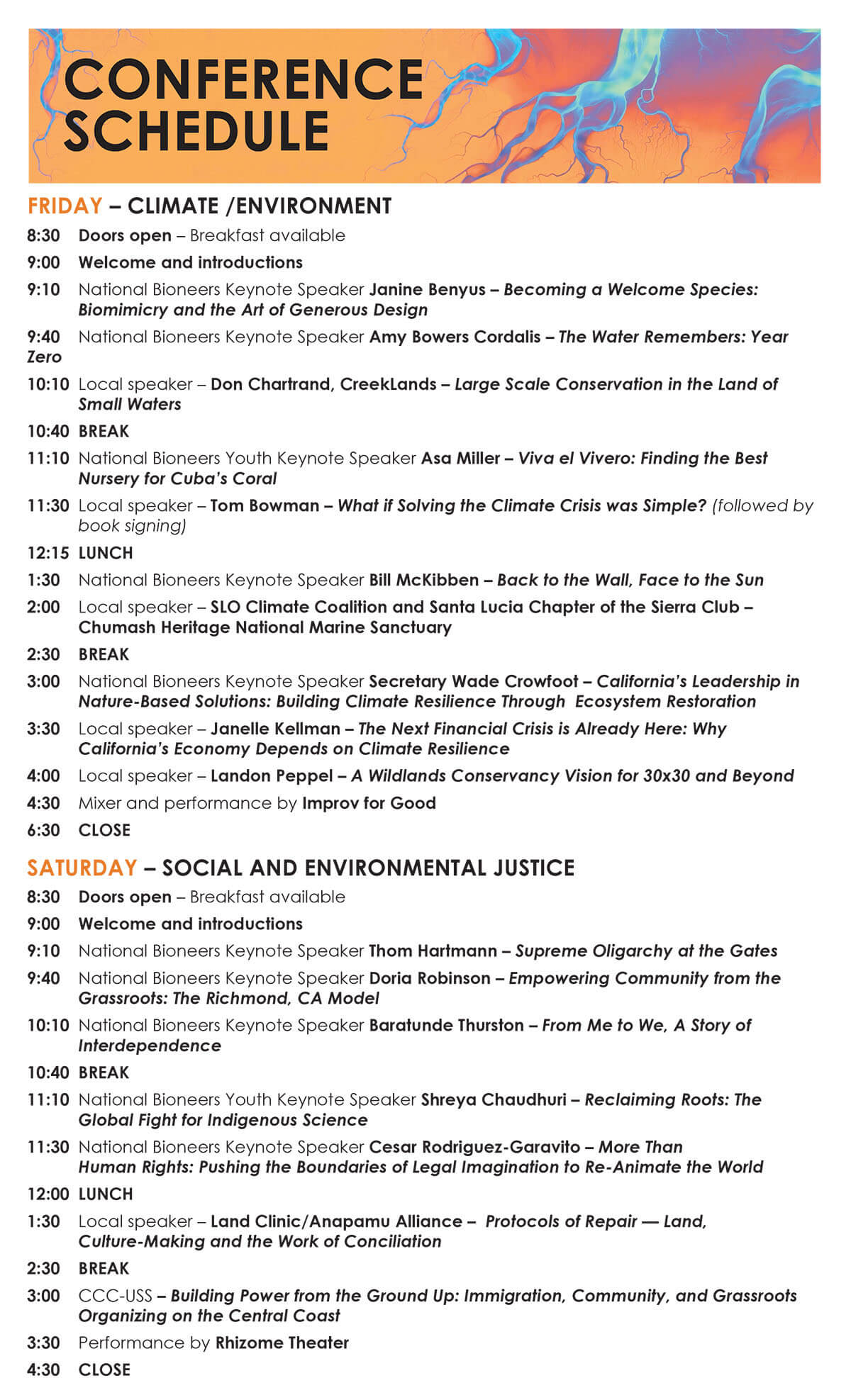
Bioneers Keynotes as Recorded at the National Bioneers Conference
Friday Environmental Day
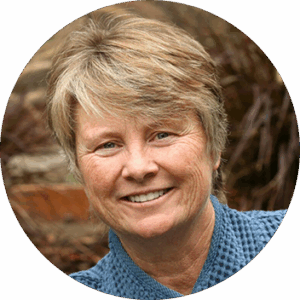
Janine Benyus, a winner of countless prestigious awards, world-renowned biologist, thought leader, innovation consultant and author of six books, including 1997’s foundational text, Biomimicry: Innovation Inspired by Nature, is widely considered the “godmother of Biomimicry.” In 1998, she co-founded the Biomimicry Guild, which morphed into Biomimicry 3.8, a B-Corp social enterprise providing biomimicry consulting services to a slew of major firms and institutions. In 2006, Janine co-founded The Biomimicry Institute, a non-profit institute to embed biomimicry in formal education, and over 11,000 members are now part of the Biomimicry Global Network. Among various other roles, Janine serves on the board of the U.S. Green Building Council, the advisory board for the Ray C. Anderson Foundation, the advisory board for Project Drawdown and as an affiliate faculty member at The Biomimicry Center at Arizona State University.
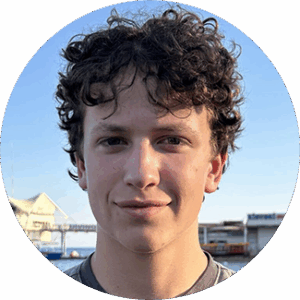
Youth Leadership: Asa Miller – Viva el Vivero: Finding the Besty Nursery for Cuba’s Coral
Asa Miller has taken a simple yet revolutionary step to contributing to solving the climate crisis, one that doesn’t involve convincing others with data or investing billions in new technologies: he decided to reconnect with his roots and help restore a part of his ancestral homeland. A multi-award-winning marine conservationist and his town’s Youth Poet Laureate, Asa returned to his native Cuba in an effort to help restore the country’s coral reefs, and found there communities not paralyzed by the injustices of climate change but catalyzed by their love of their land and its living things. Asa will share his challenges and rewards working with our under-resourced neighbor, and the lessons he brings back to our own over-resourced world.
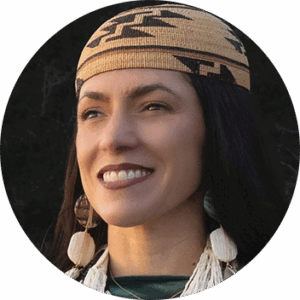
In 2024, the removal of four dams on the Klamath River marked a historic victory for an Indigenous-led movement, achieving the largest river restoration project in history. A revolutionary approach is underway, blending Indigenous knowledge, modern science, and sustainable practices, and the early results are remarkable—salmon are returning in unexpected abundance to spawning grounds that have been inaccessible for 100 years. Today, Amy Bowers Cordalis, mother, fisherwoman, Executive Director, Ridges to Riffles Indigenous Conservation Group and former general counsel of the Yurok Tribe who has played a major role in this struggle, will highlight the Indigenous values and lessons from the Klamath, showcasing nature-based solutions that heal the land, waters, and people while benefiting the economy. The goal is to restore the river as a living relative, ensuring its health for generations. The Klamath’s renewal is not just history—it’s a path forward for all.
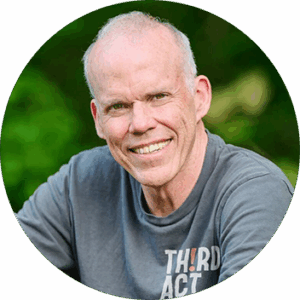
We’re at a dire point in the human story, with temperatures higher than they’ve been in 125,000 years, but we have one secret weapon: the sudden and rapid drop in the price of energy from the sun. In his talk, Bill McKibben, one of the earliest to warn of the risks of climate change decades ago and in our view the most impactful climate activist of our era, will explain that we have a fleeting chance for a truly transformative reorientation of the way our world works…but we will need everyone to make it happen.
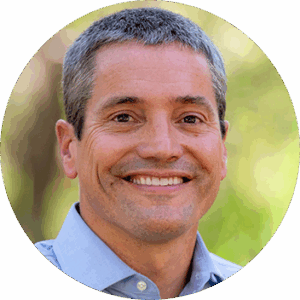
California is harnessing the power of nature to tackle climate change and build resilience against wildfires, droughts, floods, and extreme heat. By restoring ecosystems and integrating natural infrastructure into climate policy, we are enhancing biodiversity, improving public health, and supporting sustainable communities. Secretary Crowfoot addresses California’s commitment to Nature-Based Solutions as a cornerstone of climate action, its influence on national and global initiatives, and the importance of continued investment and collaboration to protect people, economies, and ecosystems.
Saturday Social Justice/Environmental Justice Day

As author, broadcaster and scholar Thom Hartmann sees it, the lines between corporate power, billionaire interests, government authority, public “knowledge,” and foreign influence have not just blurred — they’re vanishing. This is not just politics as usual; this is an emergency. When has any small group of private citizens held such sway over both domestic and foreign policy? The America we once knew — where elected officials were accountable to voters rather than billionaires — is slipping away. This erosion of democracy is largely due to five corrupt Republicans on the Supreme Court ruling that political bribery equals “free speech,” allowing billionaires to flood our 2024 election with money. In truth, this long-developing alliance between American oligarchs and the Supreme Court marks a climactic corporate endgame to replace American democracy with plutocratic autocracy. Do we, the American people, still possess the power and will to challenge this oligarchic takeover? Yes, says Hartmann. This is a call to action.
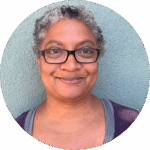
The city of Richmond has provided an impressive example of highly effective progressive grassroots organizing that has included the building of groundbreaking citizens’ organizations, local institutions and co-operatives and successful electoral campaigns, as well as a major Environmental Justice victory in a decades-long struggle with Chevron, whose massive facilities have long polluted the region. One of the most important figures in this exemplary community is Doria Robinson whose multi-faceted activism has been a key element in its successes. She’s been the Executive Director since 2007 of Urban Tilth, a renowned urban food project building a more sustainable, healthy, and just food system and helped nurture the birth of many local initiatives from bicycle co-ops to urban “greening” projects. Now serving on Richmond’s city council, Doria will share with us some of what she has learned in her decades of building people’s power from the ground up.
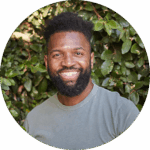
We are facing so many crises—climatological, technological, “democratilogical”—that even the use of the word “crisis” has reached crisis levels. While there are of course policies and investments and direct actions we need to fervently work on in response, we also need to pay attention to the story, because what we tell ourselves about ourselves shapes how we show up in these times. Baratunde Thurston, host and Executive Producer of the PBS TV series America Outdoors, creator of the How To Citizen and Life with Machines podcasts, and author of the comedic memoir How to Be Black, will share those stories he has been unearthing about our relationships with the natural world, our fellow humans, and even with machines, that provide strong hints of where we need to go and how to get there.

For generations, Indigenous science has safeguarded ecosystems worldwide—yet mainstream environmental solutions continue to sideline it. As climate crises escalate, young activists are reclaiming these knowledge systems, challenging colonial frameworks, and forging global solidarity. Drawing from my family’s six-generation history in India’s tea industry and my work decolonizing environmental education at UC Berkeley and through my nonprofit, Project Planet, this talk explores how students and youth-led movements are reshaping the fight for climate justice by centering Indigenous knowledge. The future of sustainability isn’t about reinventing solutions—it’s about reclaiming the roots that have long sustained our planet. The question is: will we listen?
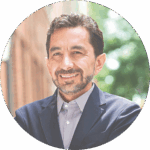
César Rodríguez-Garavito, an Earth Rights scholar, lawyer, and founding Director of the MOTH (More-Than-Human) Rights Program at NYU School of Law, has advanced new ideas and legal actions worldwide on issues such as climate justice, Indigenous rights, and what he proposes to call “more-than-human rights,” which are as much a legal proposition as they are a story about our relationship with the more-than-human world. Drawing on his fieldwork and participation in legal actions advancing the rights of nature around the world, César will tell a renewed story about the living world: one in which all of nature is alive; where human and nonhuman animals, plants, fungi, rivers, forests, oceans, and other ecosystems are all animate, subjects of moral and legal consideration, and entangled in the planetary web of life.
Local Presenters
Friday Environmental Day
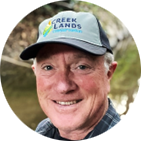
Central Coast Conservation: Protecting Biodiversity in the Land of Small Waters
Salmon and trout contributed to human thriving on the North American Pacific coast for
thousands of years, until EuroAmerican colonization changed everything. As cultures collided and people changed how they managed the land and waters needed for functional salmon and trout fisheries, people created new problems while solving other problems. Removing fish migration barriers is now a major part of restoring the functionality of these vital fisheries, but there is more to it – and conservation priorities shift with the amount of fresh water available to humans and fish.
This presentation will address the following questions:
- What are the differences and similarities between northern and central California coastal landscapes, and the methods required to protect native biodiversity?
- What are the biggest challenges to central coast conservation, and how are they being addressed?
- How does looking to the past inform what is happening in the present, and what does it mean for the future of central coast biodiversity?
- Why is Indigenous ecological knowledge so critical to restoring functionality in coastal ecosystems?
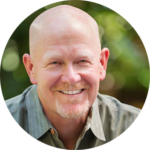
What if Solving the Climate Crisis Is Simple?
How does the climate crisis make you feel? Do you think we’re already too late? Many people do. Since we humans are so easily conditioned by familiar ways of looking at things, our assumptions and assessments often lead to predictable and unhappy results. What if we turn our approach to the climate challenge on its head? What will it look like then and what new opportunities might we discover? We’ll explore a different model for thinking about the climate challenge and ways to engage that are authentic, productive, and hopeful.
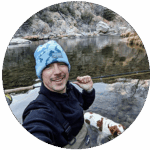
A Wildlands Conservancy Vision for 30x30 and Beyond
The Wildlands Conservancy (TWC) is the largest nonprofit nature preserve system in the American West, with a mission that goes far beyond protecting land—it’s about restoring ecosystems, creating free public access, and strengthening human relationships with nature. In this talk, Landon Peppel, TWC’s Deputy Director of Conservation and Restoration Programs, shares how the organization is advancing California’s 30×30 goals through large-scale land acquisition, rewilding of native species like tule elk and salmon, and deepening partnerships with tribes and rural communities.
From the coastal estuaries of the Central Coast to the desert corridors of the Mojave, TWC’s model centers public access, climate resilience, and long-term stewardship. This presentation explores how durable conservation must also be inclusive—where restoration, access & education, and rematriation all converge to heal land and people alike.
The Importance of the Chumash Heritage National Marine Sanctuary
SLO Climate Coalition, together with the Santa Lucia Chapter of this Sierra Club, is pleased to present a panel discussion about the newly adopted Chumash Heritage National Marine Sanctuary highlighting local experts to educate the public on the Chumash Sanctuary, its cultural significance, its incredibly rich marine ecoresiliencology, and its contributions to climate resiliency.
Saturday Social Justice/Environmental Justice Day
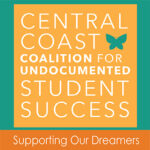
Building Power from the Ground Up: Immigration, Community, and Grassroots Organizing on the Central Coast
Join the Central Coast Coalition for Undocumented Student Success (CCC-USS) for a vital discussion on the current “state of” immigration and the lived experiences of our community on the Central Coast. This talk will delve into the challenges and triumphs faced by undocumented students and their families, providing an essential overview of the region’s unique demographic and policy landscape. More importantly, we will explore the profound and tangible ways grassroots organizing has, and can continue to, shape our collective future. Be part of the conversation on how your involvement can make a real difference.
Protocols of Repair — Land, Culture-Making and the Work of Conciliation
This conversation brings together the work of ’Anapamu’ Alliance and Land Clinic, two organizations tending to the long and humbling work of conciliation and repair as it relates to our relationship to land and each other. ’Anapamu’ Alliance is an Indigenous-led land trust with lineages deeply woven into the Santa Ynez Band of Sᑋamala Chumash Indians located in Santa Ynez, CA. Their work moves with the rhythm of ceremony and story, resisting erasure and calling forth continuance in the face of colonial fragmentation. Land Clinic offers a legal practice that is not adversarial, but relational and rooted in the belief that legal tools, when placed in the hands of communities, can support restoration and repair.
This conversation invites us all to consider what it means to reconcile not just histories, but futures to care for the spaces between people, place, and possibility.
Rhizome Theater Presentation – The Nipomo Plot
In rural Nipomo, CA there sits a 288-acre plot of land known most recently as “the Dana Reserve.” This unique coastal chaparral landscape has become the site of ardent public debate, with some speaking on behalf of thousands of mature California Live Oak trees set to be cleared for a new housing development and others speaking for the urgent need for more homes. Drawing upon extensive public testimony and thousands of pages of current and historical archives, local documentary theater collective Rhizome Theater Company dives deep into the ancient history of this plot to ask: Who speaks for the land? Who can be said to “own” it? Who gets to decide what a place will become? Join us for a probing interrogation of place, politics, and ecological decision-making in The Nipomo Plot.
Friday Mixer and Performance by Improv for Good
4:30-6:30
Free for conference ticketholders
$10 for everyone else.
Join us for some fun on Friday after the conference! First, join your fellow attendees to
chat about the day’s events at a mixer with no host cocktails and wine or beer poured
by 805 Bartenders. Then come for some laughs at a performance by Improv for Good.
Improv For Good brings the joy of unscripted theater to the community while supporting
meaningful causes. At this improv show, you can expect a high-energy comedy
experience driven entirely by audience suggestions—no two performances are ever the
same.

Five Cities Repair Café will be on-site to Fix your broken stuff for FREE at the Central Coast Bioneers Conference, Saturday, October 4th, 10 am – 2 pm in the Milking Parlor. Got a toaster that won’t toast? A lamp that doesn’t shine? Toss it? No Way! Volunteers make Free repairs on bikes, toys, clothes, small appliances, smart phones, computers, tablets, outdoor gear, etc. Bring your garden abundance to share with neighbors. https://repaircafe5cities.org
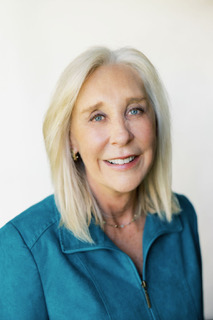
Denise Dudley
MEALS
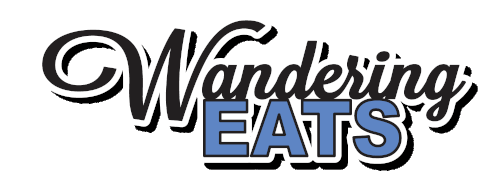
Meals will be provided by Wandering Eats.
Bookstore
Featuring Volumes of Pleasure
The Central Coast Bioneers Conference bookshop since 2010.

